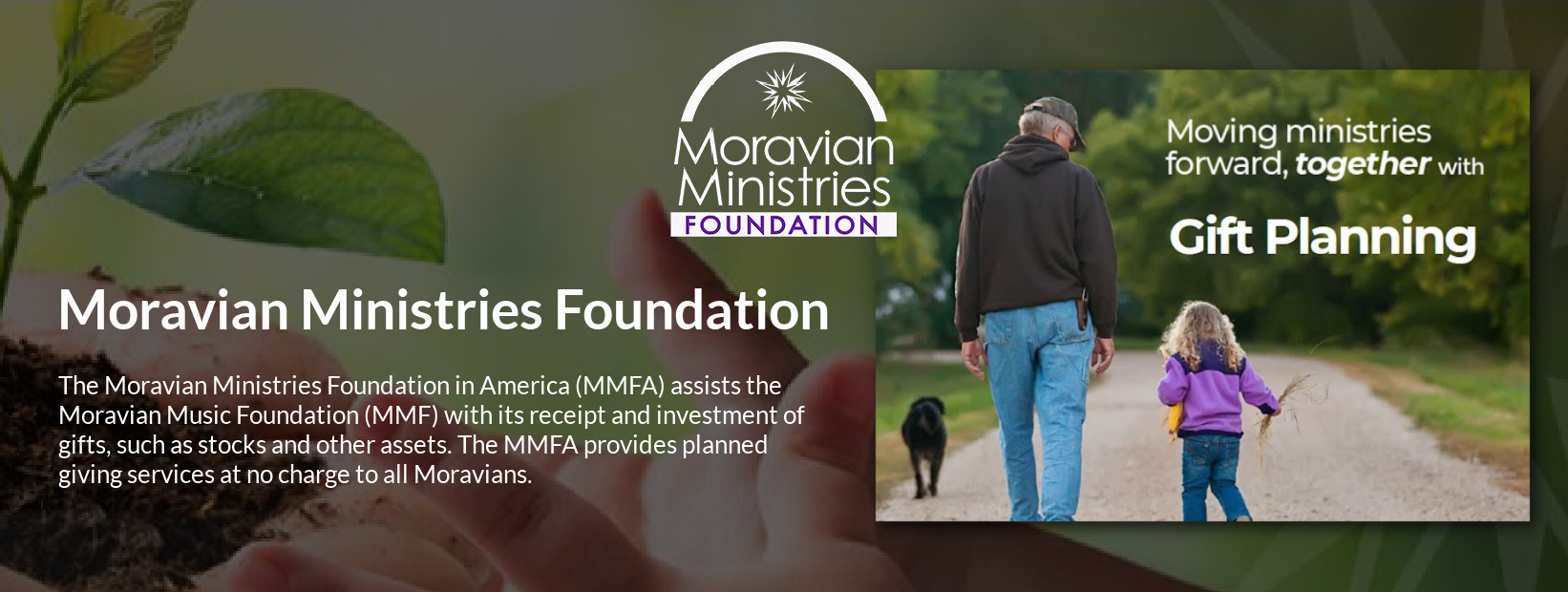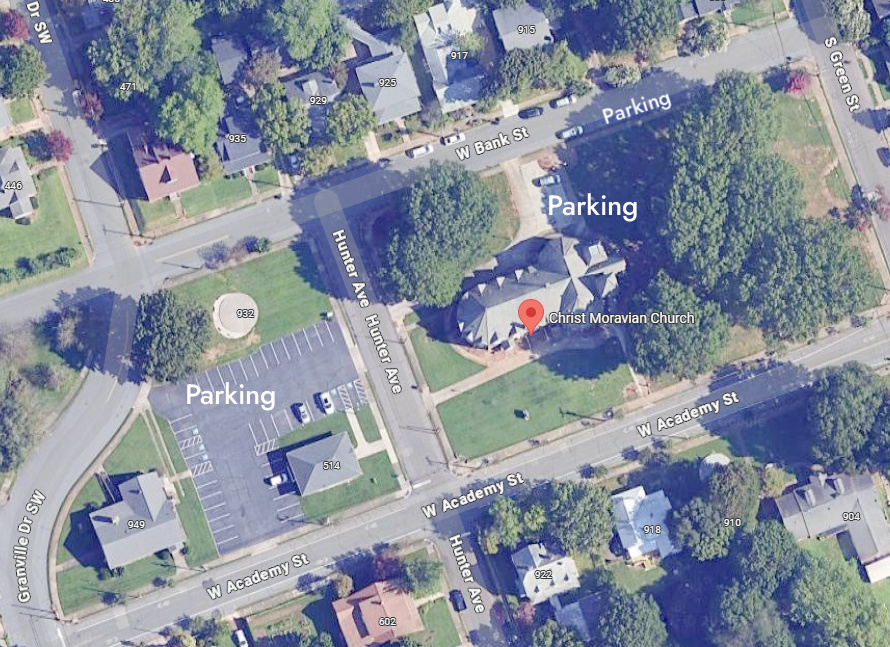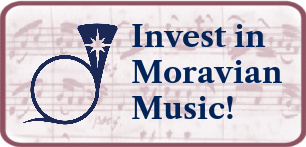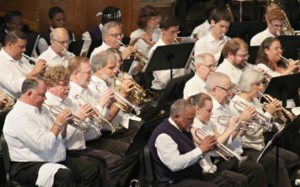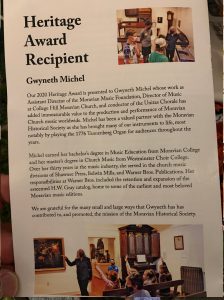Investing in MMF awakens the music of previous generations, inspires creativity for the present and future, and enables MMF to share God’s gift of music in effective ways.

BEQUESTS
One of the easiest ways to make a planned gift is to designate Moravian Music Foundation in your will. A bequest may be a specific dollar amount, a certain asset, or a percentage of your estate. Your attorney can add a bequest to your will with language as simple as: I give $________ to Moravian Music Foundation, 457 South Church Street, Winston‐Salem NC 27101.

LIFE INSURANCE
Another way to make a significant contribution is to name Moravian Music Foundation as a primary or contingent beneficiary of a life insurance policy, or to donate a policy to us that you no longer need. (Contact your life insurance company or your agent for a change of beneficiary designation form.)

RETIREMENT PLANS
Naming Moravian Music Foundation as a beneficiary of your Individual Retirement Account, 401(K) or other retirement accounts may provide income and estate tax savings. Your employer’s human resource office or the broker or other plan custodian of your IRA can provide you with the change of beneficiary form to make this gift.

REAL ESTATE
Real estate owners may find a broader range of options for realizing the full value of their holdings by using them in their charitable planning. Deductions for gifts are based on full fair–‐market value and allow donors to shelter capital gains from tax.
Bequests and other planned giving may be designated for the MMF Endowment Fund.
Types of Gifts:
Additionally, there are other forms of planned gifts that provide donors with current tax benefits, opportunities to increase income and to simplify estate planning.
These include gift annuities and charitable trusts.
Charitable Remainder Trust (CRT):
You transfer cash or property to a trust that makes payments for your lifetime and then passes the remainder on to the Moravian Music Foundation. You receive a charitable tax deduction and avoid capital gains tax, as well as income for your lifetime.
Charitable Lead Trust (CLT):
You transfer cash or property to a trust that makes payments to the Music Foundation for a number of years and then passes the trust property to your family with no additional tax. You receive a gift or estate tax deduction, and the asset and appreciation passes to your family at a reduced cost.
Charitable Gift Annuity (CGA):
You make a gift or cash or property to the MMFA and they make fixed payments for one or two lives. You designate the Moravian Music Foundation as the recipient of the remainder. A gift annuity works well with your gift of cash or appreciated stock that’s providing little or no income. You receive a charitable tax deduction, fixed payments for life, a partial bypass of capital gain, and possible tax-free payments.
Funds that support the operations and ministry of the Moravian Music Foundation:
Joe and Jessie Stone Fund
Christian David and Dorothy Sohn Weber Mission and Ministry Fund
Jack E. and Thomasene D. Hauser Ministries Fund
Doris Wooten Stovall Ministries Fund
The Ann Blanton Breese Fund at the Winston-Salem Foundation
Moravian music-lovers are critical to the success of MMF, a 501(c)3 charitable organization.
Donations are accepted in any form.
For 24/7 cash donations, please click the “Give Now” button to donate online through the MMFA Giving Portal. Use any card, no registration required.
MMF Planned Giving Brochure
The Christian Gregor Society recognizes donors who have included MMF in their wills and trusts and estate planning, or who have contributed to the unrestricted MMF Endowment Fund. When a person informs the Moravian Music Foundation (MMF) that they have designated a planned gift for MMF, in any amount or any form, that person becomes a member of the Gregor Society.
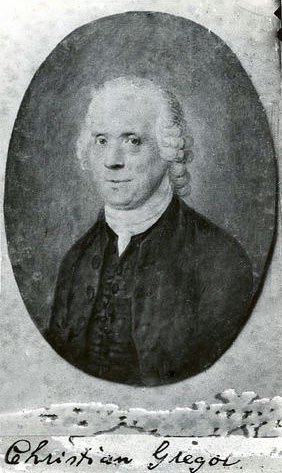
Christian Gregor (1723-1801) has been called the “Father” of Moravian Church music, and was one of its most influential musicians. He was born in Silesia and joined the Moravian Church when he was seventeen. He served the church as organist and minister, and held important positions as a church administrator, visiting Pennsylvania and North Carolina in that capacity in 1770-1772. He was consecrated a bishop in 1789. Gregor was instrumental in Moravian liturgical development, and introduced the use of concerted anthems and arias into the services. In addition to editing the hymnal of 1778 and the chorale book of 1784, he composed several hundred other musical works – over 1100 manuscripts of Gregor’s music are preserved in the American collections. He died in Berthelsdorf, near Herrnhut, on November 6, 1801.
